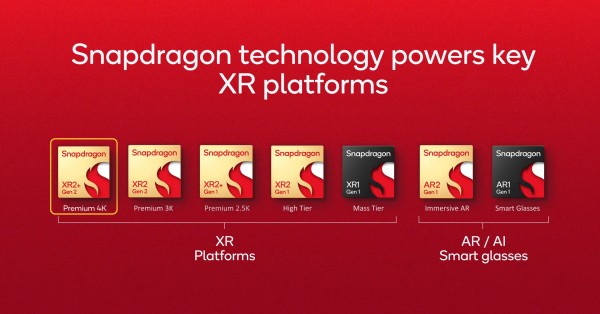Bharti Airtel’s enterprise division, Airtel Business, is witnessing substantial demand for its private 5G networks among enterprise clients in India, according to recent reports. Since launching 5G in October 2022, Airtel has rapidly scaled its network, providing 5G services across the country and now serving over 90 million users. This network expansion has fueled enterprise interest in leveraging private 5G networks to optimize operations, drive automation, and explore new business models.
Alok Shukla, Airtel Business’s SVP of data products and business solutions, highlighted the intense demand from enterprises eager to harness 5G’s capabilities to boost efficiency and facilitate digital transformation. “We have observed significant demand from our enterprise customers for solutions that harness 5G’s full potential,” Shukla remarked. “Customers are keen on exploring how 5G can enhance their digital efforts, improve operational efficiency, and open new business avenues.”
Growing Demand for Airtel’s Private 5G Across Diverse Industries
Enterprise clients from diverse sectors, including manufacturing, logistics, and automotive, are adopting Airtel’s private 5G networks. These industries increasingly rely on ultra-reliable, low-latency communication (URLLC), massive machine-type communications (mMTC) for IoT devices, and enhanced mobile broadband (eMBB) for high-speed data.
Airtel’s private 5G offerings provide tailored solutions, addressing various needs across industries. For instance, smart factories leverage private 5G networks for automation, robotics, and real-time quality control. In logistics, asset tracking and inventory management improvements are key applications, helping businesses optimize resources and reduce costs. “Our Private 5G networks are designed to support specific needs such as automation, which is integral to smart factories and autonomous vehicle operations,” Shukla explained. “These networks help businesses optimize operations, reduce costs, and boost productivity.”
Airtel’s Network Slicing Pilots Drive Industry-Specific 5G Innovation
Airtel Business is also piloting network slicing, which enables the creation of multiple, isolated virtual networks within a single physical 5G infrastructure. Network slicing allows each “slice” to be customized for specific industry requirements, such as those in healthcare, transportation, and manufacturing. Shukla emphasized that this capability could open new revenue models and lead to more diverse applications across various industries.
“This technology allows us to provide customized 5G experiences, tailored to the specific needs of industries,” Shukla said. “For example, in healthcare, a network slice could be optimized for telemedicine applications, while a transportation slice might focus on real-time asset tracking. This versatility will drive industry innovation and promote digital transformation at an accelerated pace.”
Airtel’s 5G Rollout Reaches Rural and Urban India for Nationwide Coverage
Airtel’s 5G infrastructure has made significant strides, reaching 140,000 villages and covering all 7,900 towns across India with both 5G and 4G networks. To accommodate increasing demand, the company is re-farming mid-band spectrum in the 1.8 GHz, 2.1 GHz, and 2.3 GHz bands. Airtel’s current infrastructure is supported by equipment from Ericsson, Nokia, and Samsung, with a broad spectrum portfolio acquired in recent auctions.
In July 2024, Airtel acquired additional spectrum to further expand its 5G footprint. The telco’s latest reports reveal a robust uptake of 5G services, as the company closed its first fiscal quarter of 2025 with 90 million 5G subscribers, up from 72 million in the previous quarter. Airtel’s network evolution aligns with its mission to offer 5G services to urban and rural users, ensuring more consistent connectivity and supporting digital growth across the nation.
Future of Airtel’s Private 5G Solutions for Indian Enterprises
With demand for private 5G solutions showing no signs of slowing, Airtel Business continues to invest in advanced 5G technologies, including network slicing and IoT integration. As industries like manufacturing and logistics adopt private 5G for automation and smart factories, Airtel is well-positioned to meet diverse enterprise needs through flexible, scalable 5G services. Shukla concluded, “Our investments in 5G technology, tailored for industry-specific applications, empower Indian businesses to advance their digital transformation journey, unlocking potential for innovation, cost savings, and operational excellence.”































